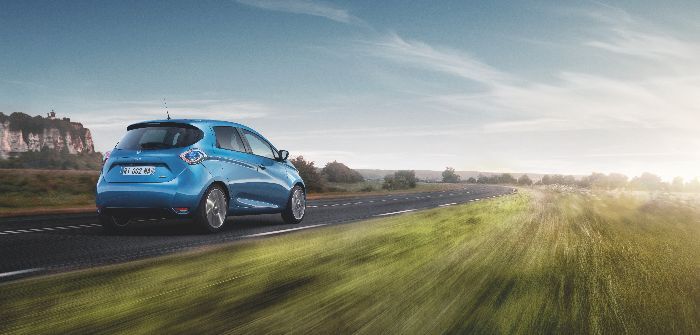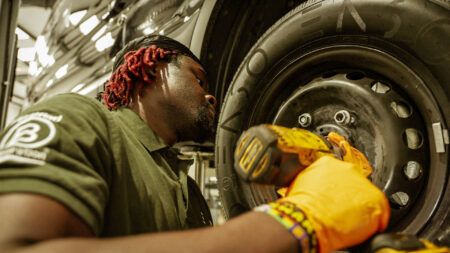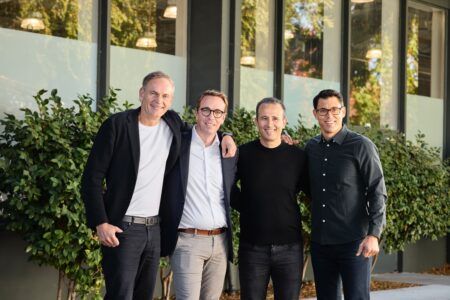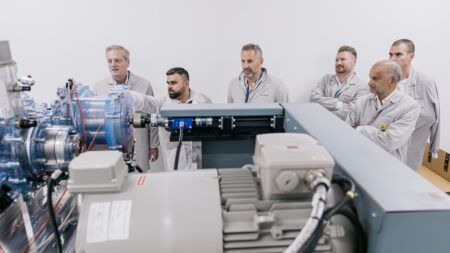Renault has announced it has teamed up with chemicals company Solvay and energy and waste management transnational Veolia to end waste from electric vehicle batteries, committing to recycling end-of-life battery metals in a closed loop and investing in a zero waste circular economy.
With the number of electric vehicles on the road expected to grow from 10 million in 2020 to over 100 million by 2030 worldwide, ensuring stable access to responsibly sourced battery materials is a key priority for these industry leaders.
The existing Veolia and Solvay consortium, created in September 2020, is reinforced with Groupe Renault’s experience in circular economy and in the life cycle of EV batteries, which complements Solvay’s expertise in the chemical extraction of battery metals and Veolia’s lithium-ion battery dismantling and recycling via a hydrometallurgical process.
The three partners seek to establish a secure and sustainable supply source for strategic battery metals, such as cobalt, nickel and lithium. The companies plan to achieve this goal by leveraging their respective expertise at each step of the value chain – from collection of end-of-life electric vehicle batteries to dismantling, metal extraction and purification – and by enhancing existing mechanical and hydrometallurgical battery recycling processes. Through Solvay and Veolia’s joint innovative technology, strategic metals that were previously recovered in a form only suitable for metallurgical applications will be extracted and purified into high-purity metals ready to be reused in new batteries, thereby reducing the environmental footprint of future EV batteries through this closed loop.
The three partners are already actively engaged in an experimental phase, which involves setting up a pre-industrial demo plant in France with the capability to extract and purify end-of-life EV battery metals.
Luca de Meo, CEO of Renault, said: “Groupe Renault has a holistic approach to the battery life cycle: repairing first-life batteries to extend their automotive lifespan, developing second-life applications for energy storage and setting up a system for collecting and recycling batteries. Today, we are proud to reinforce our commitment to battery recycling by joining forces with Veolia and Solvay. We aim at implementing innovative and low-carbon battery recycling solutions to pave the way to sustainable sourcing for strategic battery materials as electric mobility is growing. Together, we will leverage our strong presence on the entire EV value chain in Europe to take a competitive position in the battery materials market and generate value beyond our core business.”





